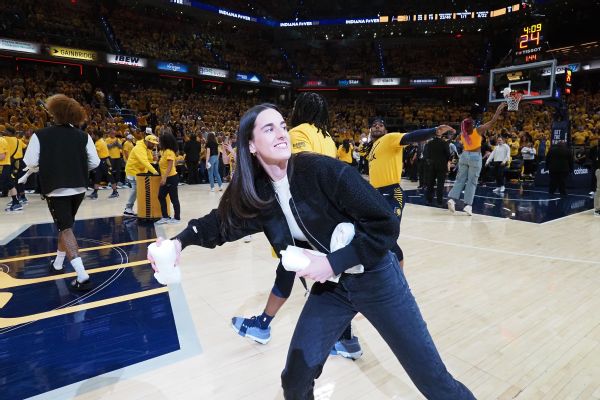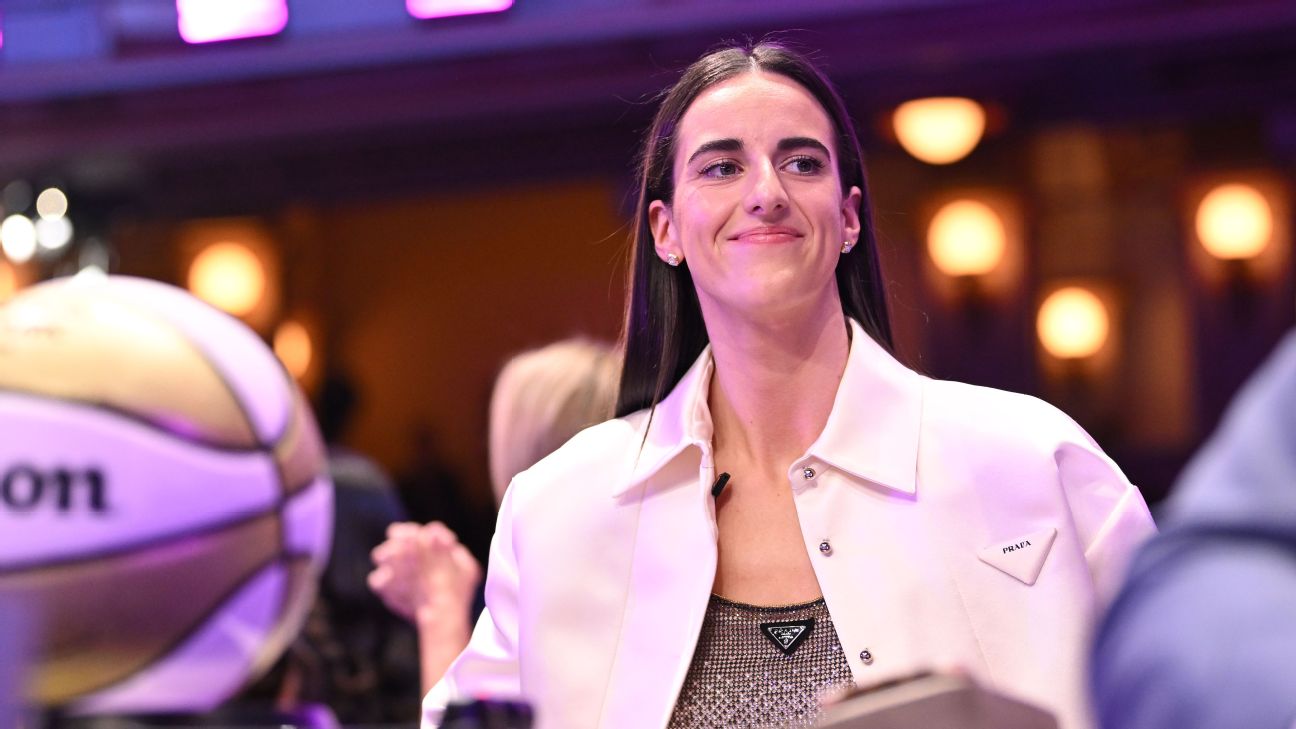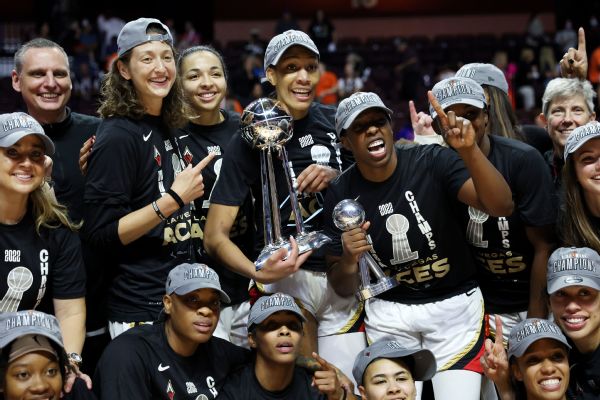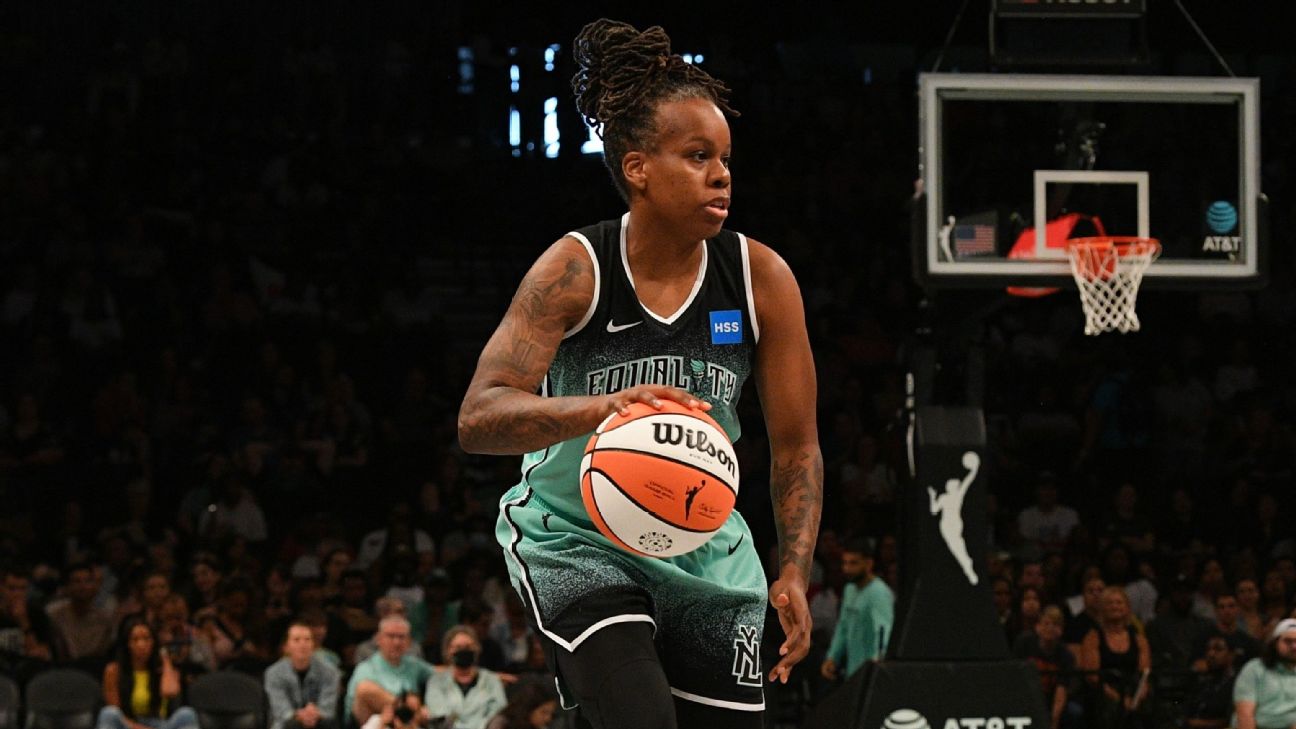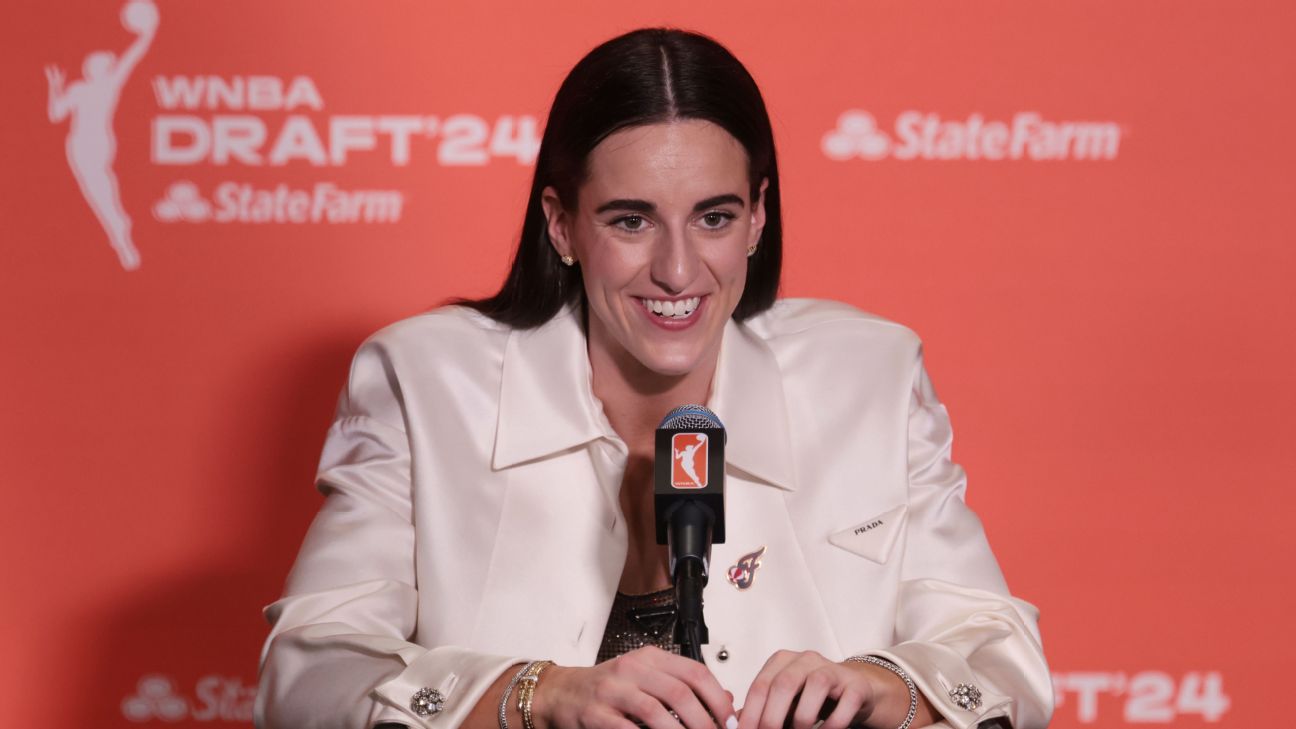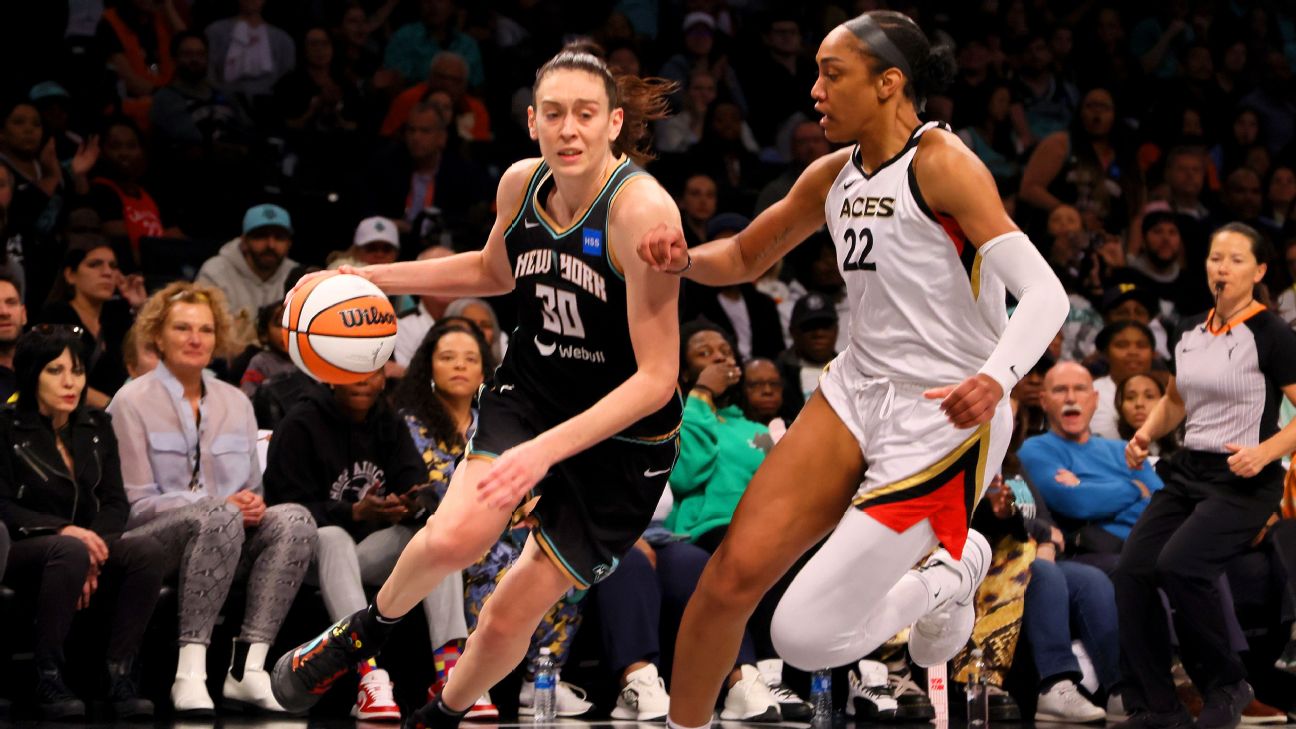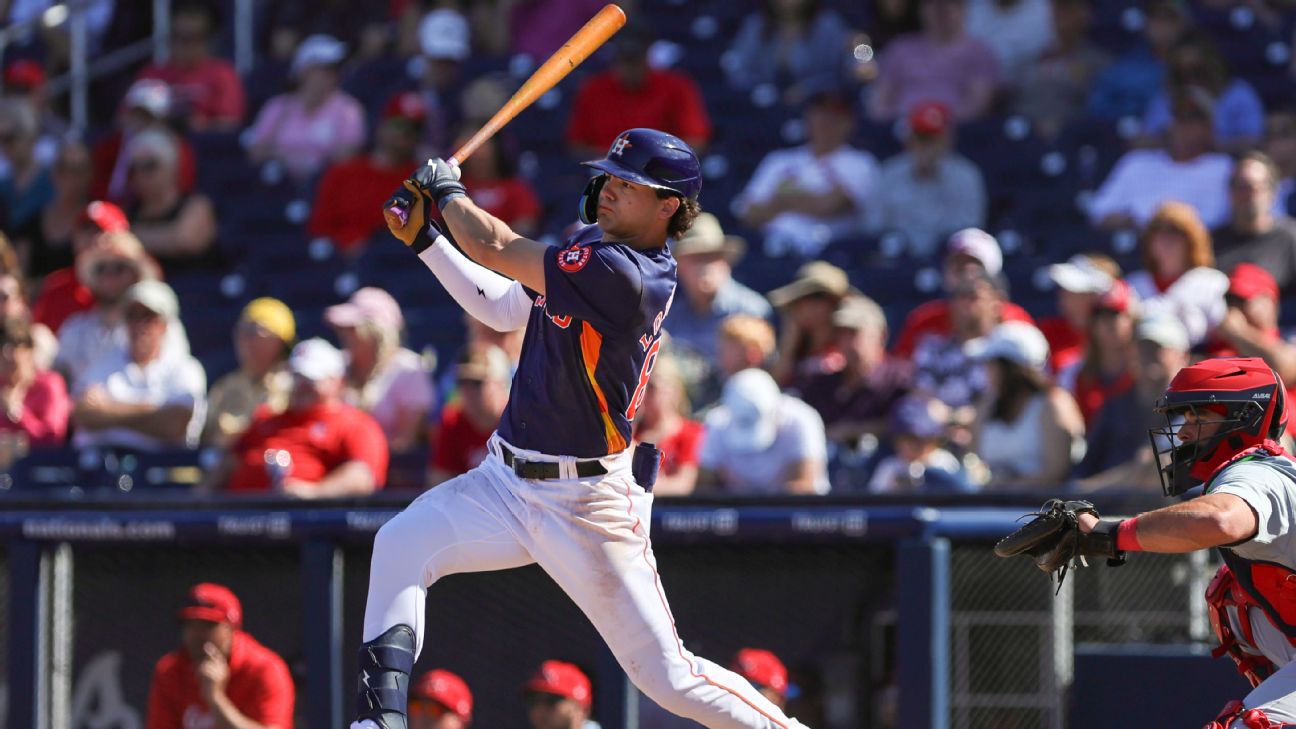![cricket:image:1429326 [900x506]](https://a.espncdn.com/i/cricket/cricinfo/1429326_900x506.jpg)
Rams hope they drafted the right unit to replace Aaron Donald
Derek Underwood, arguably the greatest spin bowler in England's Test history, has died at the age of 78.
Underwood, who claimed 297 wickets in 86 Tests between 1966 and 1982, played his entire first-class career at Kent, for whom he made his first-team debut at the age of 17, and went on to make over 900 appearances across three decades, from 1963-1987, taking 2,523 wickets at an average of just 19.04.
Nicknamed "Deadly" by his team-mates, Underwood's lithe whippy left-arm action was renowned for its accuracy and came at the batter with the pace and snap of a seam bowler.
He was at his most lethal on rain-affected wickets, most famously in the final Test of the 1968 Ashes at The Oval, when - after a concerted effort by the crowd to make the outfield playable - Underwood claimed four wickets in 27 balls to defeat Australia and square the series with six minutes of the match remaining.
Underwood remains the sixth-highest wicket-taker in England's history, and the leading spin bowler, ahead of Graeme Swann (255). In ODI cricket, he made 26 appearances between 1973 and 1982, including a pair of appearances in the inaugural 1975 World Cup, claiming taking 32 wickets at 22.93.
According to the retrospective ICC Men's Test Bowler rankings, Underwood was ranked as the world's No.1 bowler from September 1969 to August 1973. His most startling figures came at Hastings in 1973, when he claimed 8 for 9 to rout Sussex on another rain-affected pitch, with the crowd once again aiding the Fire Brigade in mopping up the ground's floodwater.
Underwood's adaptability was reflected in his record in both India and Australia, where he was able to drop his pace to heighten his impact. He would have overhauled Fred Trueman's then-England record of 307 wickets had he not made two significant career choices at the back-end of his career - first he accepted Kerry Packer's invitation to join World Series Cricket in 1977, and then in 1981-82, he joined the first rebel tour of South Africa, a decision that led to a three-year ban from internationals and the effective end of his career.
Underwood retired from the game in 1987, having won three County Championships, two One-Day Cups, three National Leagues and three Benson & Hedges Cups as a Kent cricketer, during which time he was awarded two benefit seasons, in 1975 and 1986 respectively. He was awarded an MBE for services to cricket in the New Year's Honours list of 1981.
In 2008, Underwood was named as President of Marylebone Cricket Club, after serving as Kent Cricket's Club President in 2006, and was inducted into the ICC's Cricket Hall of Fame in 2009.
In 2011, the Annexe Stand at Kent's home ground in Canterbury was renamed the 'Underwood & Knott Stand' in recognition of the legendary partnership he formed with another of the greats of his era, the England and Kent wicketkeeper, Allan Knott.
Kent Cricket's Chair, Simon Philip, said: "The Kent Cricket family is in mourning following the passing of one of its greatest-ever players. Watching Derek weave his unique magic on a wet wicket was a privilege for all who were able to witness it. His induction into the ICC Hall of Fame shows the esteem in which he was held in world cricket.
"An advocate for growing our game worldwide whilst protecting our sport's rich heritage, Derek also made substantial contributions off the field as well as on it, and he will be sorely missed by everyone at Kent Cricket."


